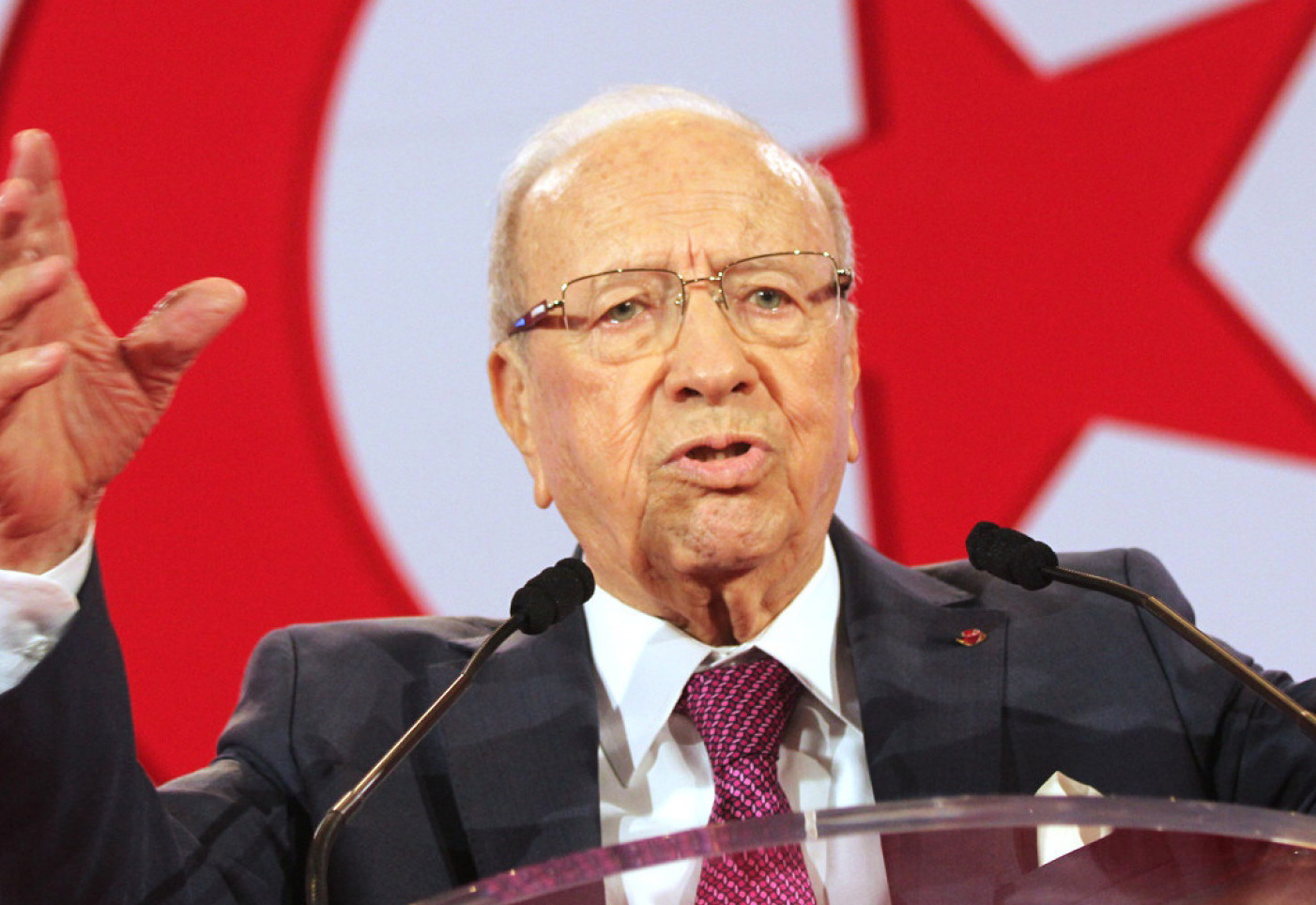President Beji Caid Essebsi announced in a press conference on Saturday that the country was in a “state of war” after the terrorist attack in Sousse and the government has closed down 80 mosques which it said are spreading extremism.
Having just begun to recover from its uprisings during the Arab Spring, Tunisia has suffered two major attacks in the past few months, including the attack on Bardo Museum in the capital of Tunis, which claimed 21 lives.
Last week’s attack was a mere three months later, with both attacks linked to each other and wit ISIS/ISIL claiming responsibility.
During the Sousse attack, a Tunisian gunman opened fire in a hotel and on a resort beach, killing 38 people, mostly foreign tourists, and telling Tunisians that he had no interest in harming them.
Though Tunisian hoteliers have been praised for their heroic actions, the losses to the north African country’s tourism industry is estimated at US $500 million.
Tunisian authorities believe militant group Ansar Al Sharia is responsible for orchestrating the attack on the Imperial Marhaba hotel. The gunman, Saif Rezgui, a 24-year-old student, gave little clues to his radicalisation before he attacked.
Tunisian officials say all three gunmen in the two attacks were trained at the same time in militant camps over the border in Libya.
Tunisia’s state of emergency will give the state the typical emergency powers: more flexibility in the executive branch’s powers, further control to police and military, especially when detaining and interrogating people, as well as restriction on public activities such as public demonstrations. So far, a curfew has not been announced.

| Advertisement |
President Essebsi said in his address: “The continued threat we face leaves the country in a state of war, where we have to use all measures necessary. Due to the terrorism risk, and the regional context, and spread of terrorism, we have declared a state of emergency.”
As part of the state of emergency, 80 mosques the Tunisian government said were operating illegally or spreading extremism were closed down in the government’s effort to tackle extremism and violence.
Tunisia’s laststate of emergency was in the 2011 uprising against autocrat Zine Al Abidine Ben Ali. That revolt followed years of upheaval between secular and Islamist parties in one of the Arab world’s most secular countries.
Tunisia has had a mostly peaceful transition to democracy and is also one of the region’s most secular countries. Recently it has faced a struggle with the rise of Islamist movements, as well as those who are opposed to democracy or the new leadership.









 Search our database of more than 2,700 industry companies
Search our database of more than 2,700 industry companies









